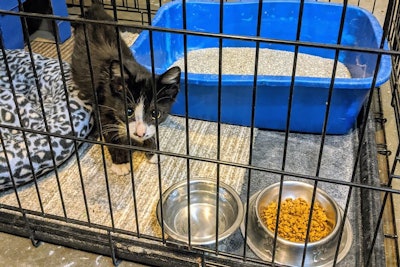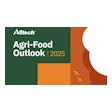
Petco México recently announced a major milestone: 100,000 successful pet adoptions since launching its “Primero Adopta” campaign in 2013. While this achievement is clearly a win for animal welfare, it also highlights a strategically significant trend — how pet adoption fuels growth in the pet food market.
Mexico is home to more than 20 million stray dogs, many of which roam the streets of small cities and semi-urban communities. These animals exist outside the formal pet care ecosystem: they are unfed, unvaccinated, and not counted in consumer demand. However, each time a stray dog is adopted, it enters the system as a consumer, creating direct value for the pet food industry.
Encouraging adoption, therefore, is not just a social good — it’s also a market-expanding strategy. Every adopted pet represents a new household engaging in structured care, including regular feeding, veterinary visits, and the purchase of pet supplies. While companies often emphasize the ethical side of adoption programs, the business case is equally compelling.
Why adoption is also a business strategy
To illustrate the impact, 100,000 dog adoptions can be estimated to generate approximately 7,500 metric tons of additional dog food demand annually. This is a small portion of Mexico’s overall pet food market, which exceeds 1.5 million metric tons, but it signals steady, incremental growth. Notably, Petco’s figure only reflects its own adoption activity—nationwide adoptions are likely 10 times higher.
Dog adoptions are more structured and traceable than cat adoptions, which are often informal and unrecorded. Dogs adopted through shelters and companies typically come with legal processes, follow-ups, and integration into formal pet care routines. This organized process makes dog adoptions easier to quantify and link to consumption behavior.
From rescue to revenue
Adoption initiatives not only save lives but also create new pet households with long-term needs — nutrition foremost among them. For pet food manufacturers and retailers, supporting adoption is more than corporate social responsibility. It’s a sustainable growth strategy — adding one loyal consumer at a time.
















